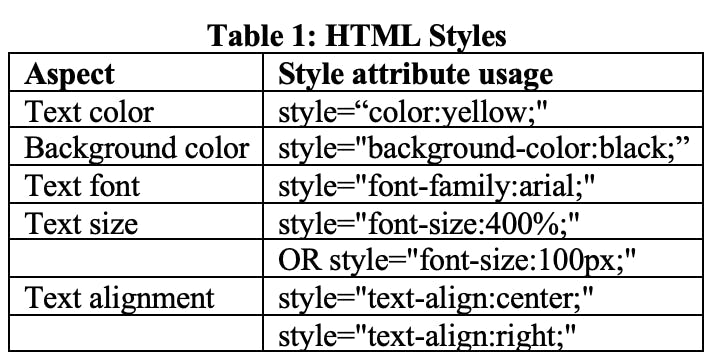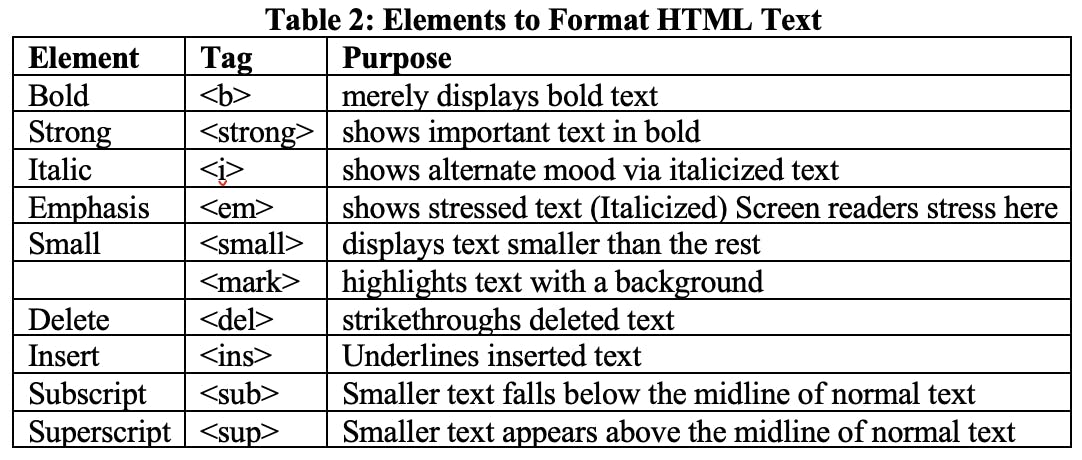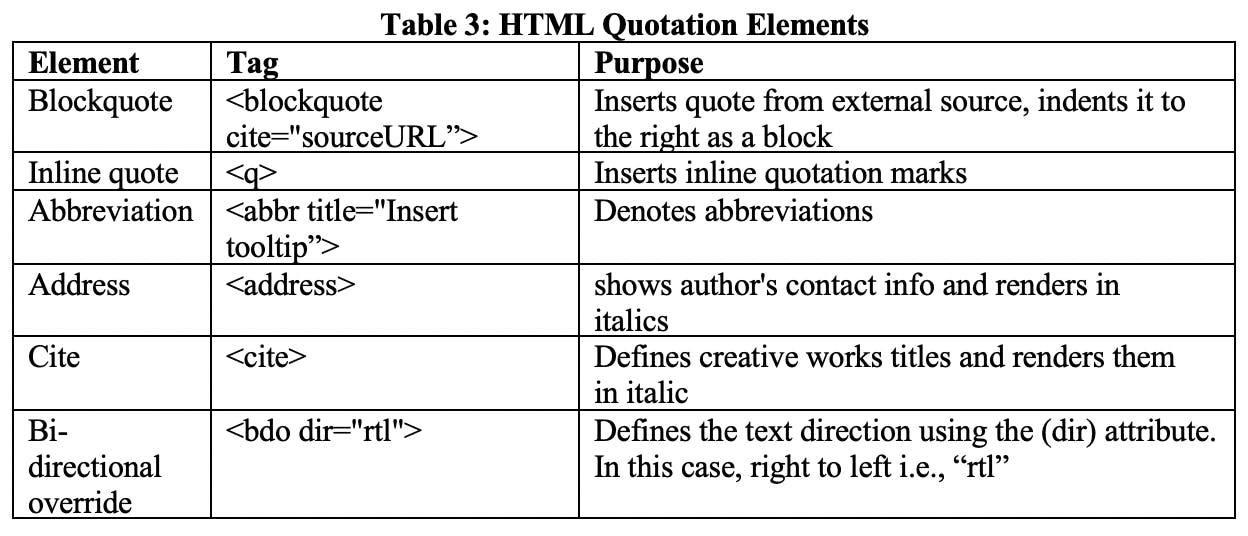315
315 is an indispensable number for us, the online nomads, at least as of 9th April 2022, 0030hrs (GMT +3). You might say it’s alive only if you knew its symbolism, and indeed it is. How? You ask. Let’s walk down a short memory lane and find out. Since the early days of the web, that is, the 1990s, maintaining the HTML standard fell under World Wide Web Consortium’s (W3C) watch. Fast forward to the early 2000s, specifically in 2004, W3C’s infidelity towards HTML in favor of XML-based development came under check. In particular, significant players in the web space such as Opera, Mozilla, and Apple had had enough, thus founding the Web Hypertext Application Technology Working Group (WHATWG).
WHATWG hit the ground running, drafting the proverbial HTML5 specification, and successfully courted W3C for universal adoption, albeit in the face of rising friction over patent policy. The adage goes that a chain is only as strong as its weakest link. To this end, intellectual property rights, the weakest link in WHATWG’s and W3C’s HTML5 collaboration, became the fertile ground that nurtured and grew competing specifications, much to the chagrin of the developer community. The impasse went on for years until they found common ground 1047 days ago, on 28th May 2019, where a memorandum of understanding drove them to institute the common HTML living standard under WHATWG’s lead. The HTML living standard is now the de facto internet lifeblood and stands strong propped up by 315 brilliant programmers on its official GitHub repository. Hats off to them.
Big Brother to The Rescue
The sheer amount of web programming content I need to master keeps me awake and focused. In learning a new craft or game, sometimes beginners suffer creeping intimidation which drains vital motivation reserves. Today, I was a victim of such intimidation while viewing various websites’ source codes. It felt like that moment when a rookie pilot is caught in the eye of the storm. Hold that thought! I told myself. Cometh self-awareness, cometh mental fortitude. I realize it is one step at a time. The bite-sized lessons in w3schools prove handy in keeping up the confidence since its curators have selected the most critical aspects of HTML syntax for beginners rather than forcing learners to comb through the lengthy documents. However, laziness is inexcusable, and official documentation remains king, as all seasoned developers know. Indeed, W3schools is the big brother for pulling many learners, including me, out of limping scenarios into self-reassurance.
Food for Thought: Is HTML a Programming Language?
How can HTML be a programming language when a developer cannot declare variables, initialize them, and employ them in logical and arithmetic operations? From my stereotypical vantage point, tech twitter could go berserk at the pronouncement that HTML is a programming language or not one for that matter. However, I believe that denying HTML is a form of programming hinges on sarcasm.
Steering My Ship to The Docks
My destination is conspicuously marked on the map, and I am captaining myself to that port. Today, the onboard compass pointed towards HTML styles, formatting, and quotations. Practicing these concepts has formed new long-term memories, which are handy for my planned pure HTML website project similar to Lachlan Hunt’s, Berkshire Hathaway’s, or Georgia State University’s.
In summary, under styling, I learned to change text color, background color, font type, font size and align it horizontally on the screen using the style attribute as in table 1.

Under formatting text in HTML, I digested the usage of various elements as in table 2. Please note all element tags must be closed.

Finally, I equally dug through six fascinating HTML quotations, appearing in table 3. Remember, all elements must have end tags.

The Tail
Although the HTML standard faced a few storms in the past, the internet's backbone is rock-solid as ever. It is inundated by countless 315 clubs full of intelligent and hardworking individuals that contribute priceless time to develop ideas in open-source projects. The role of the internet's standardization cannot be understated. It drives most facets of our digital life. I believe that although learning and mastering HTML might be a bit challenging, it will empower me to design and deploy websites that advance global digital experiences. Therefore, I guess that it's only in good measure that W3C and WHATWG made peace and began cooperating on a clean slate, that is, the HTML living standard

